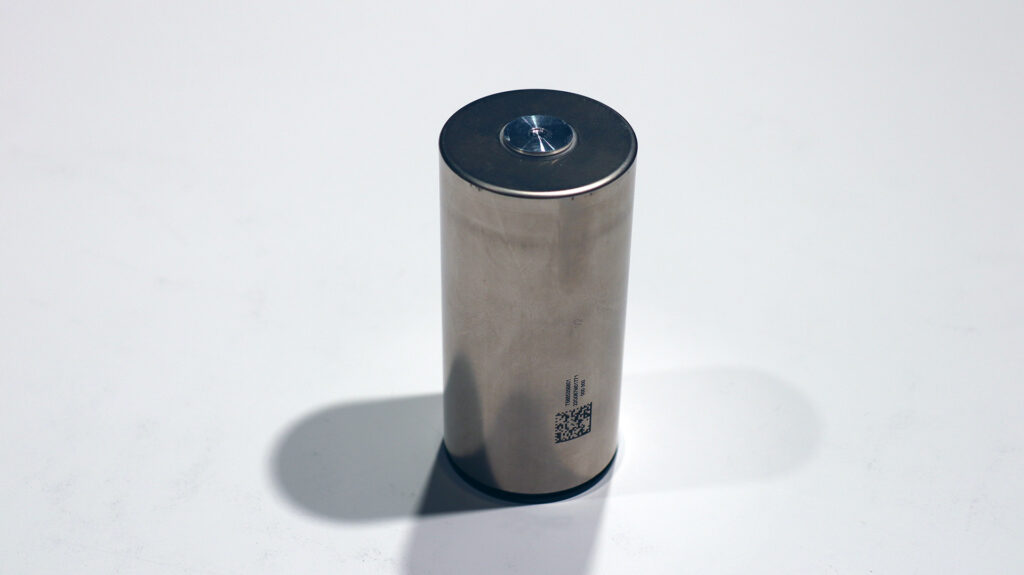The BMW Group has announced that it will be using the newly developed sixth generation lithium-ion batteries in its next era of electric vehicles.
The German automaker is convinced that the new round cells, which it claims to be more sustainable, powerful and 50% cheaper than the current generation, will be a key to the success of its new models of Neue Klasse, set to launch in 2025.
Frank Weber, a board member of BMW AG responsible for development said: “The newly-developed sixth generation of our lithium-ion cells will bring a huge leap in technology that will increase energy density by more than 20%, improve charging speed by up to 30% and enhance range by up to 30%.”
The company has already awarded contracts in the two-digit billion-euro range for construction of the new BMW battery cell factories to CATL and EVE Energy. Both partners will build two gigafactories in China and Europe. Each of the battery cell factories will have a total annual capacity of up to 20 GWh.
BMW is planning for two more battery cell factories to be built in the North American free trade zone, for which the partners have not yet been nominated.
“We have also reached agreement with our partners that they will use a percentage of secondary material for the raw materials lithium, cobalt and nickel, as well as utilising green power for production, to ensure CO2-reduced manufacturing,” said Joachim Post, another board member responsible for purchasing and supplier network.
Based on the current market outlook, BMW believes that it can reduce costs by up to 50% compared to the current 5th generation batteries, as used in vehicles such as the BMW i4. The company has set itself the goal of bringing manufacturing costs for fully electric vehicles down to the same level as combustion engine vehicles.
